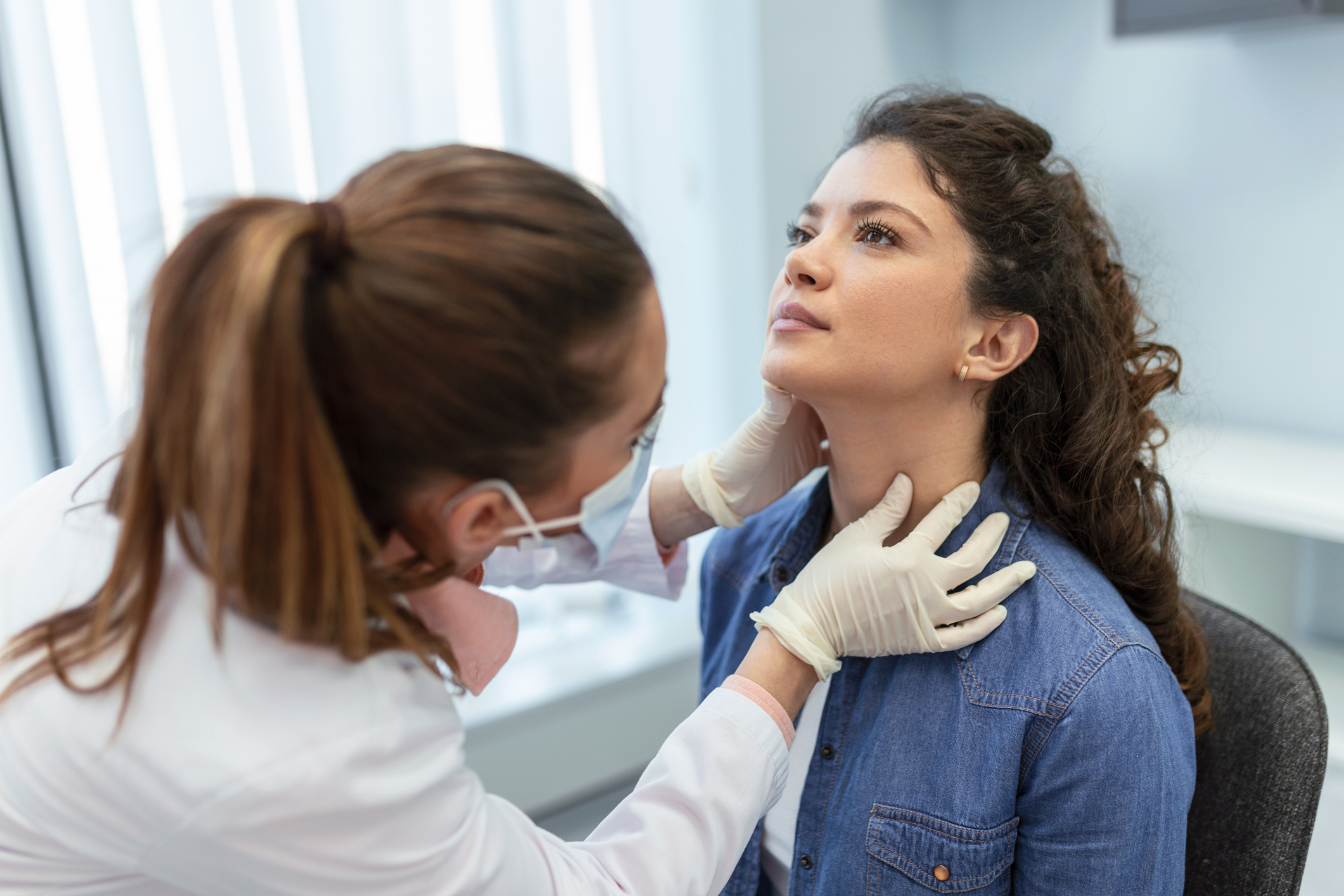Menopausal effects can bring on an array of changes to your daily life, it is important to identify these and what triggers them and then knowing how to manage them correctly. Dealing with menopausal effects can be challenging, but there are several strategies that women can use to manage their symptoms. One of the most effective ways to reduce the severity of menopausal symptoms is to maintain a healthy lifestyle. This includes eating a balanced diet, staying active, and avoiding smoking and excessive alcohol consumption. Ultimately, it is important for women to speak with their healthcare provider about their individual symptoms and to develop a personalised plan for managing menopause.
Mood changes: Changes in hormones can take an effect on your mental health and cause frequent mood swings along with feeling anxious, these are a common cause of Menopause. While menopause is a natural part of aging, it can be challenging for some women to manage these symptoms, and there are various treatments available to help alleviate them.
How to manage mood changes:
-
Ensuring you have plenty of rest
-
Avoiding alcohol, coffee, and any mood impacting drinks
-
Exercising regularly
-
Having someone to talk to

Hot flushes and night sweats: Having hot flushes can interrupt daily life and activities. If you experience specific triggers for hot flushes, then it is worth noting this to help combat them.
How to manage hot flushes and night sweats:
-
Dressing in layers so clothing items can be removed when experiencing hot flushes
-
Avoiding alcohol, caffeine, and spicy foods
-
If you are a smoker, try to reduce the number of cigarettes you have per day as much as possible, this will also provide health benefits beyond hot flushes
-
Try to maintain a healthy weight
-
Ensuring your bedroom is kept at a cool temperature at night
Feeling tired and irritable: Feeling tired and irritable can affect your mood, productivity, and overall well-being. This can make it difficult to interact with others in a positive manner.
How to manage feeling tired and irritable:
-
Getting an adequate amount of rest
-
Eating a healthy diet
-
Engage in stress-reducing activities i.e. Meditating, Yoga, Journaling
Joint stiffness: Joint issues often stem from Oestrogen. Oestrogen affects your cartilage so this can have an impact and create issues like inflammation and pain. Joint stiffness and pain is most common in ages 45yrs – 65yrs.
How to manage joint stiffness:
-
Regular exercise to maintain and improve joint flexibility
-
Nonsteroidal anti-inflammatory medication such as aspirin and ibuprofen
-
Trying to maintain a healthy weight so that there is less strain on the joints
Vaginal dryness: Skin dryness in general can become an issue during menopause, however vaginal dryness is most common and is often the area that is most affected.
How to manage vaginal dryness:
-
Using moisturisers and applying often to combat dryness
-
Staying hydrated
-
Prescription medications such as ospemifene
-
Avoiding irritants such as harsh soaps that can increase dryness
Tinnitus: Tinnitus causes a constant or intermittent ringing or buzzing sounds in the ear(s). This may be present in some individuals already but is known to worsen when they are menopausal.
How to manage feeling tinnitus:
-
Avoiding triggers such as noisy environments
-
Medications such as tricyclic antidepressants or benzodiazepines
-
Cognitive-behavioural therapy (CBT)
Information on our gynaecology services:











